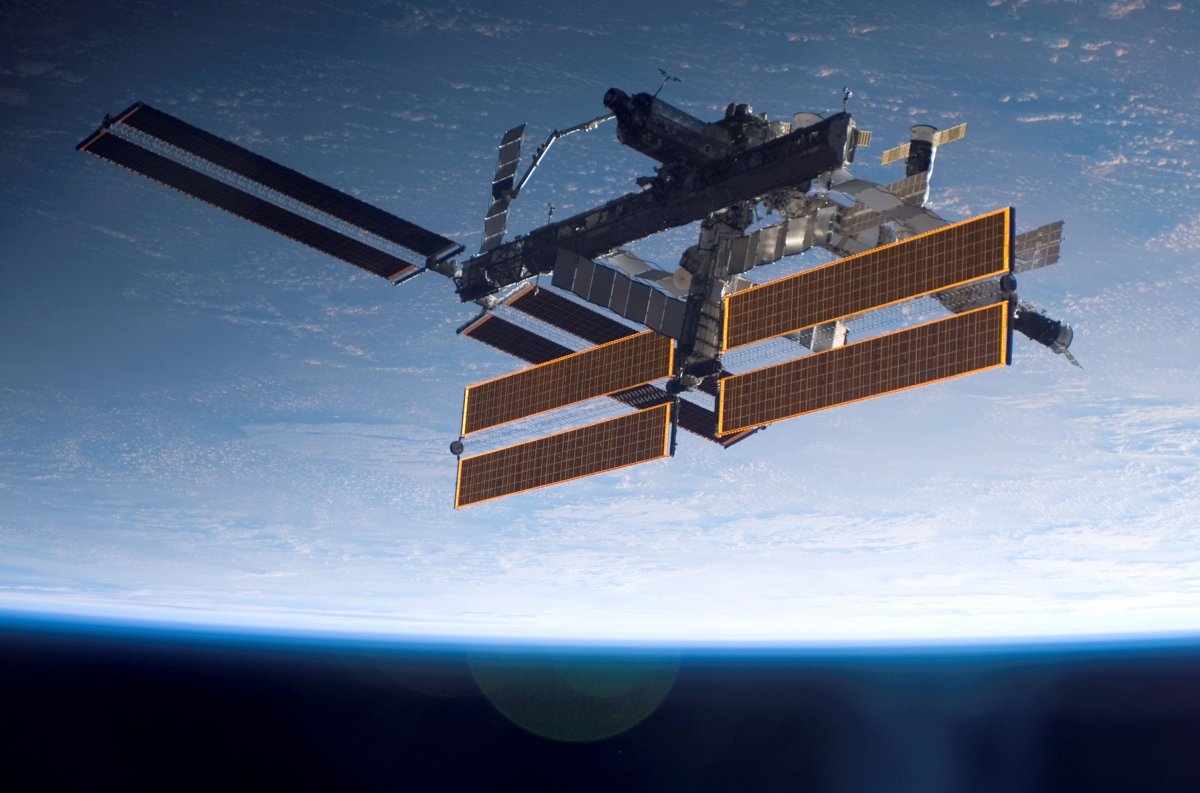The International Space Station (ISS) is due to get a privately-funded successor in space in less than ten years, a group of companies announced on Monday.
Multi-billionaire Jeff Bezos' Blue Origin, along with aerospace giant Boeing, Sierra Space and others are due to collaborate on an Earth-orbiting commercial outpost called Orbital Reef. If all goes to plan it will be running by 2030.
The planned timing of the new station will coincide with the expected retirement of the ISS some time between 2028 to 2030.
The station, which has been continuously occupied for more than two decades by astronauts from nearly 20 countries, has faced multiple issues this year.
Blasted off balance
Twice since July, astronauts have had to go into emergency mode after Russian spacecraft pushed the entire station into an irregular orientation.
The first incident occurred when Russia's newly-arrived Nauka research module linked up to the station in the summer. As mission controllers were going through some checks, the module suddenly fired its thrusters unexpectedly, and teams had to regain control of the ISS.
NASA said that the ISS crew "was never and is not in any danger," but the mishap did postpone the planned arrival of Boeing's Starliner capsule.
A similar incident occurred again just this month, when a test-fire of the engines on Russia's Soyuz MS-18 crew module, which was docked to the station, threw the entire structure off of its normal position. Control of the station was regained within half an hour, The New York Times reported.
Cracks and leaks
Meanwhile, Russia has repeatedly reported issues involving their space station modules, including an air leak since 2020 on the Zvezda service module. The module has been docked to the station since the year 2000.
Crew have attempted to fix the issue by sealing cracks but the leak has persisted, at one point causing a pressure drop. Reuters reported it does not pose a danger to ISS inhabitants.
However, other cracks made headlines in August when Vladimir Solovyov, chief engineer of the rocket and space corporation Energia, told news agency RIA that "superficial fissures" had been found on the Russian Zarya module and added, according to Reuters: "This is bad and suggests that the fissures will begin to spread over time."
Solovyov has repeatedly voiced concerns about the state of the aging space station, some of which has been in space since 1998.
Russia has suggested that it could exit the station for good in 2025, citing U.S. sanctions.
Still, the station continues to break records. Earlier this month a two-person Russian film crew successfully launched to, and returned from, the station on a short mission to shoot the first-ever feature film in space.

Uncommon Knowledge
Newsweek is committed to challenging conventional wisdom and finding connections in the search for common ground.
Newsweek is committed to challenging conventional wisdom and finding connections in the search for common ground.
About the writer
To read how Newsweek uses AI as a newsroom tool, Click here.








